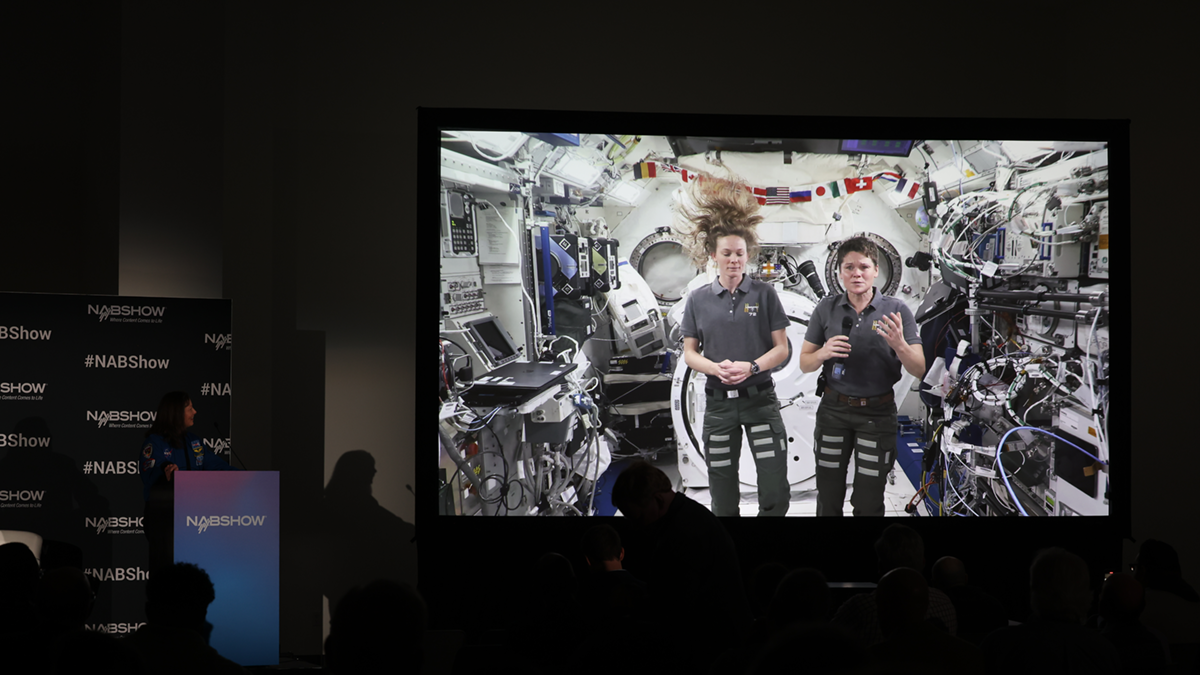Noncoms Seek More Money, Flexibility From FCC
WASHINGTON—Top PBS executives have been lobbying the FCC for more incentive auction repack money, and to get out from under the mandatory simulcast conditions on the rollout of the ATSC 3.0 next-gen broadcast transmission standard.
That is according to FCC filings documenting a meeting between PBS president Paula Kerger and other senior execs with Republican commissioner Brendan Carr and his staff.
Kerger and company said the FCC needs to acknowledge the post-incentive auction repack will cost closer to $2.5 billion, which is more than the FCC has so far estimated.
[Bill to Address Repack Shortcomings Advances]
Congress will need to free up some additional money—there is currently a bill that would do so—but PBS said the FCC needs to "clearly acknowledge the full extent of the potential shortfall," which it said exceeds the $1.86 billion and $2.14 billion figures the FCC has previously released—Congress only set aside $1.75 billion.
"This is an urgent issue given the ambitious and carefully structured repacking timetable," PBS said. "Many stations that had nothing to do with the incentive auction are threatened with going dark due to this circumstance far outside their control."
The noncom execs also want the FCC to speed the planned second tranche of money beyond the initial $1 billion disbursement, pointing out there are 12 noncoms in phase one of the 10-phase transition(phase one moves must be completed by Nov. 30, 2018, only nine months away), and saying the FCC expects those stations to float 38 percent of the $21 million cost, which PBS called "completely untenable" for many.
Get the TV Tech Newsletter
The professional video industry's #1 source for news, trends and product and tech information. Sign up below.
PBS said the FCC's gradual disbursements—two or three tranches plus a true-up at the end—have created too much budgeting uncertainty.
The FCC got initial broadcaster estimates of repack expenses in July 2017 totaling $2.115 billion, but that was before all those eligible for the money had weighed in, so it signaled it expected the number to go up. It did, to $2.139 billion in October when the FCC proceeded to review those asks. That review brought the figure down to $1.864 billion, but with the FCC expecting that to tick up again once broadcasters are actually moving.
The FCC handed out an initial outlay of $1 billion (a little over half of what commercial broadcasters are getting—about 52 percent—and 60 percent for noncoms) to cover initial costs, with the rest coming in a further tranche, or tranches.
The noncom execs also had a bone to pick with the FCC over the ATSC 3.0 voluntary rollout, which the FCC approved late last year.
The FCC is requiring stations to simulcast in the current ATSC 1.0 standard during the voluntary transition to ATSC 3.0—the new standard is not backward-compatible with existing sets. But PBS said its stations will, because they are nonprofits with a mission to serve, naturally do what is in the best interests of their viewers and need no such mandate, which would prevent them from pursuing "customized" approaches.
[Walden: We Need to Find $3B for Auction Repack]
"Local stations will weigh the trade-offs of various options—such as multicasting, datacasting, mobile broadcasting, and ultra-high definition content—and the commission should not substitute its own judgment for that of local stations that know their communities best," PBS said.
Commercial broadcasters make the same point about naturally doing what is best for their viewers, in this case making sure they can see the station's programming and advertising.
Noncoms also said they would have "unique and often prohibitive challenges" in finding a transition simulcast partner. The FCC is requiring stations to team up in a market, with one transmitting the ATSC 1.0 signal of each station, and the other the ATSC 3.0 signal.
This story originally appeared on TVT's sister publication B&C.
For more information on the repack, visit TV Technology's repack silo.
Contributing editor John Eggerton has been an editor and/or writer on media regulation, legislation and policy for over four decades, including covering the FCC, FTC, Congress, the major media trade associations, and the federal courts. In addition to Multichannel News and Broadcasting + Cable, his work has appeared in Radio World, TV Tech, TV Fax, This Week in Consumer Electronics, Variety and the Encyclopedia Britannica.

